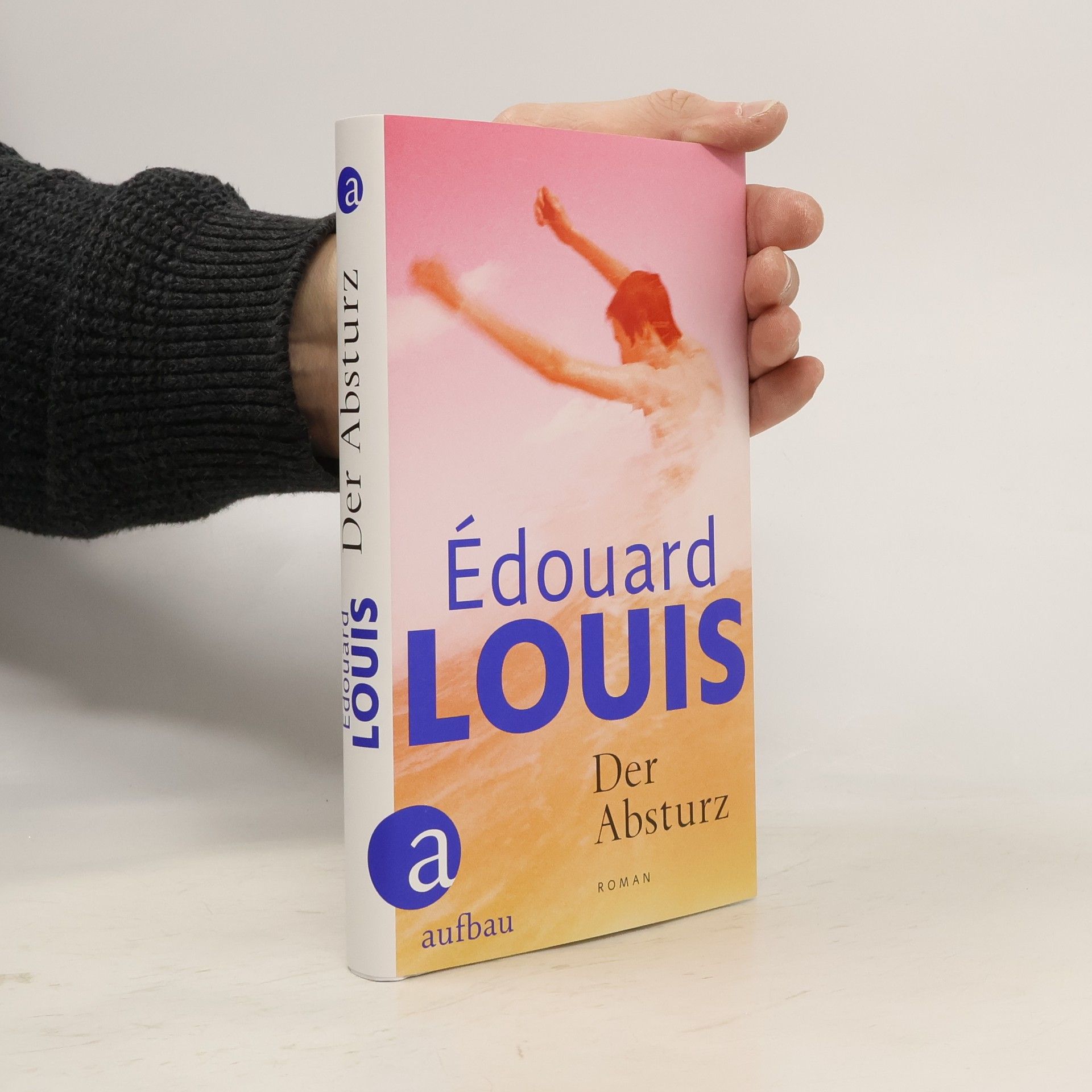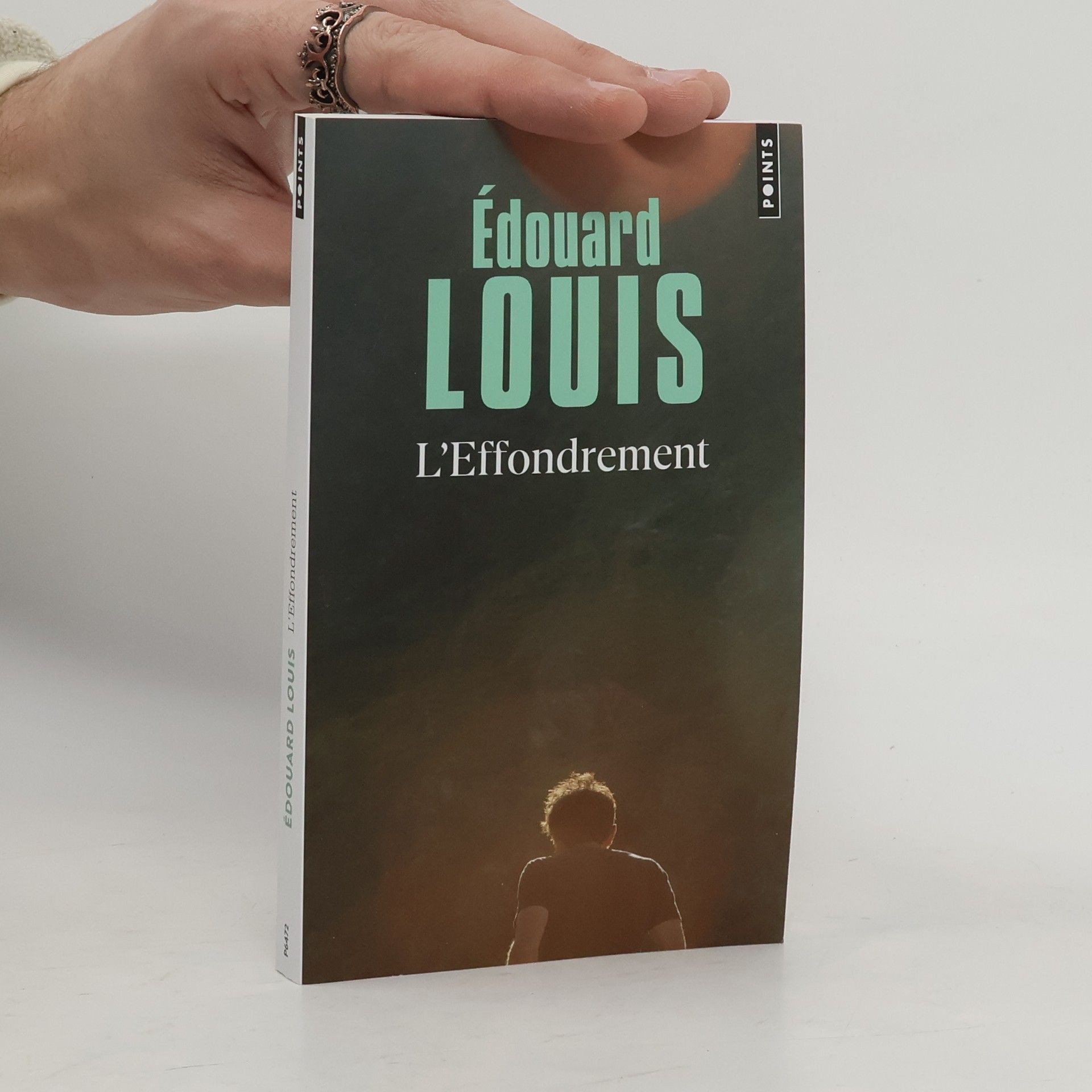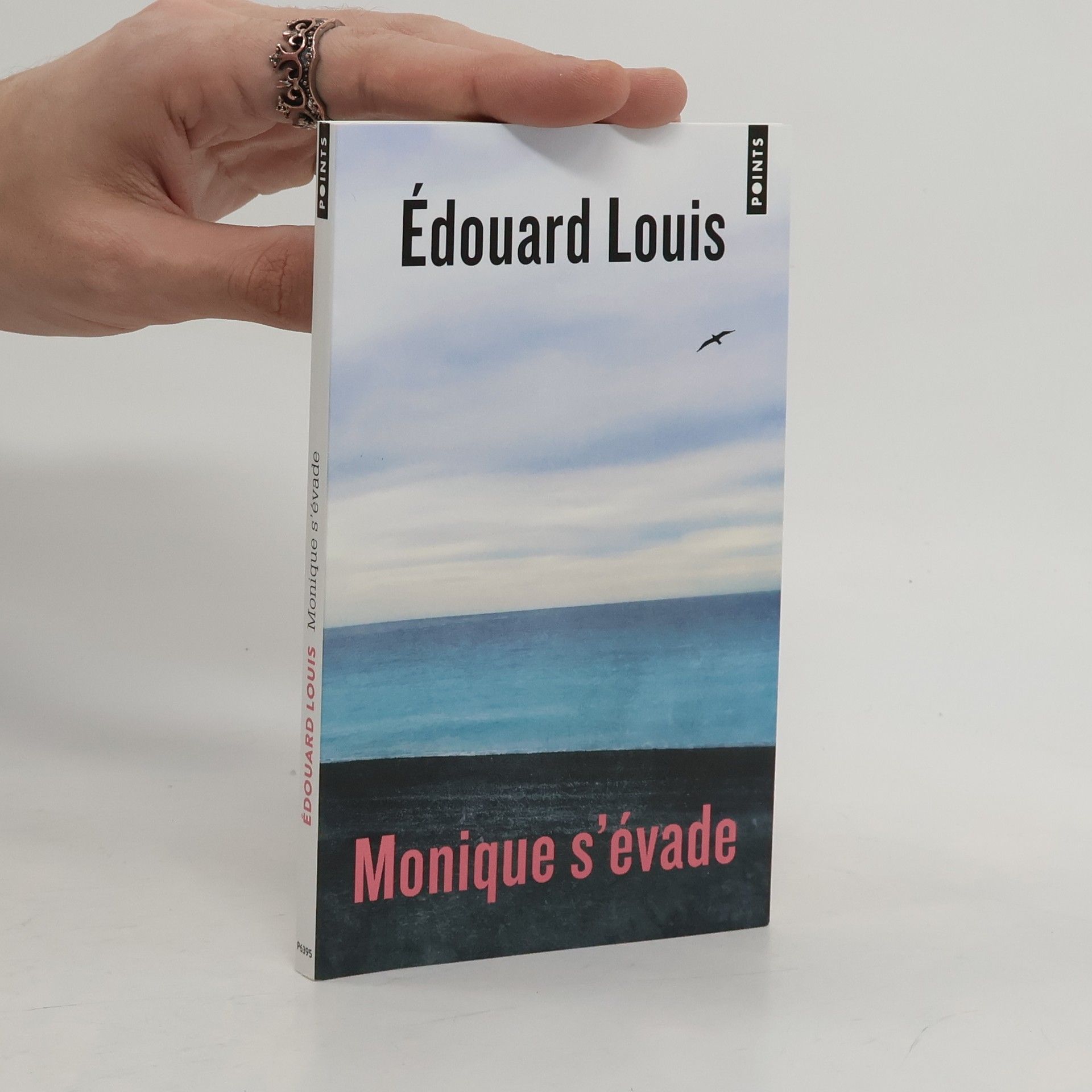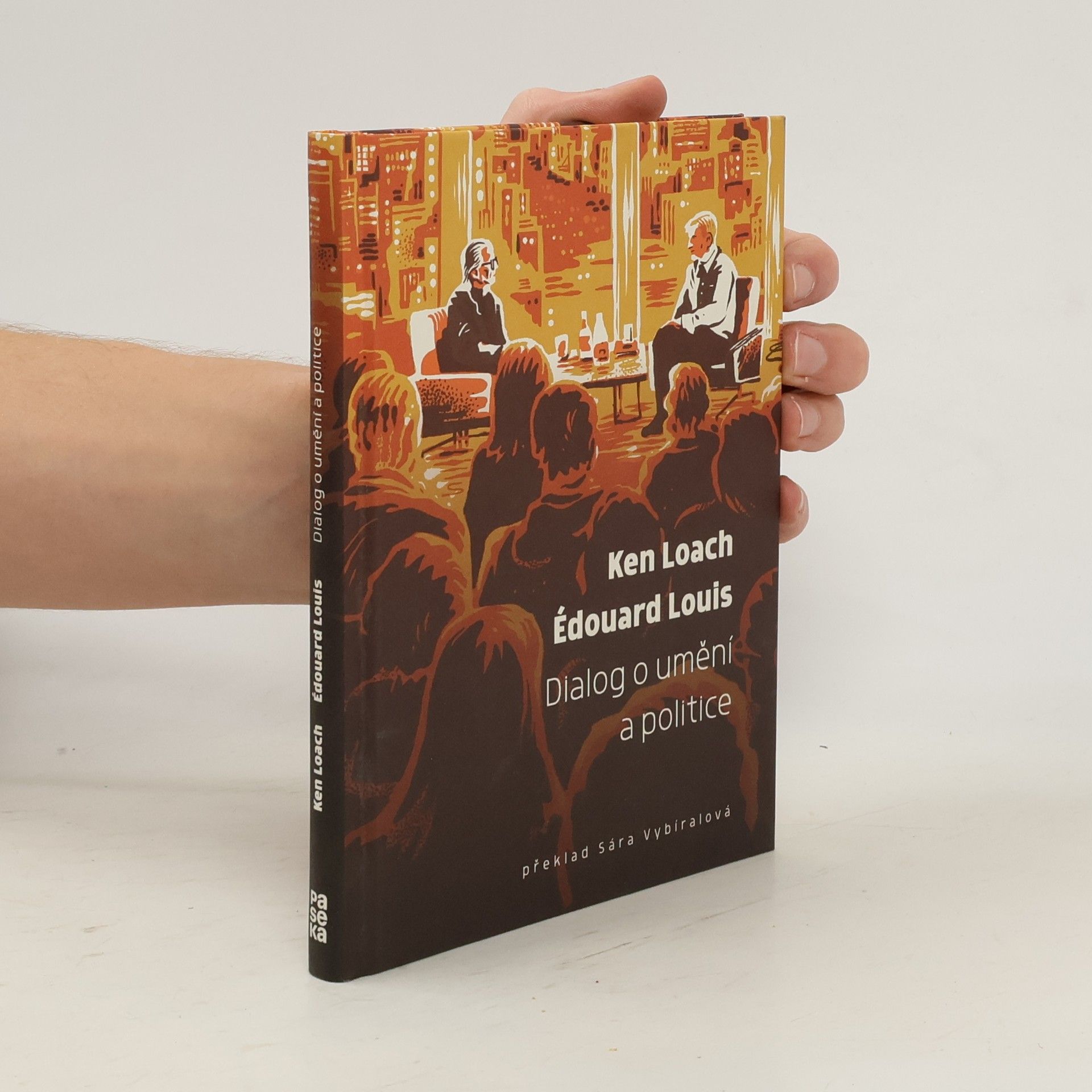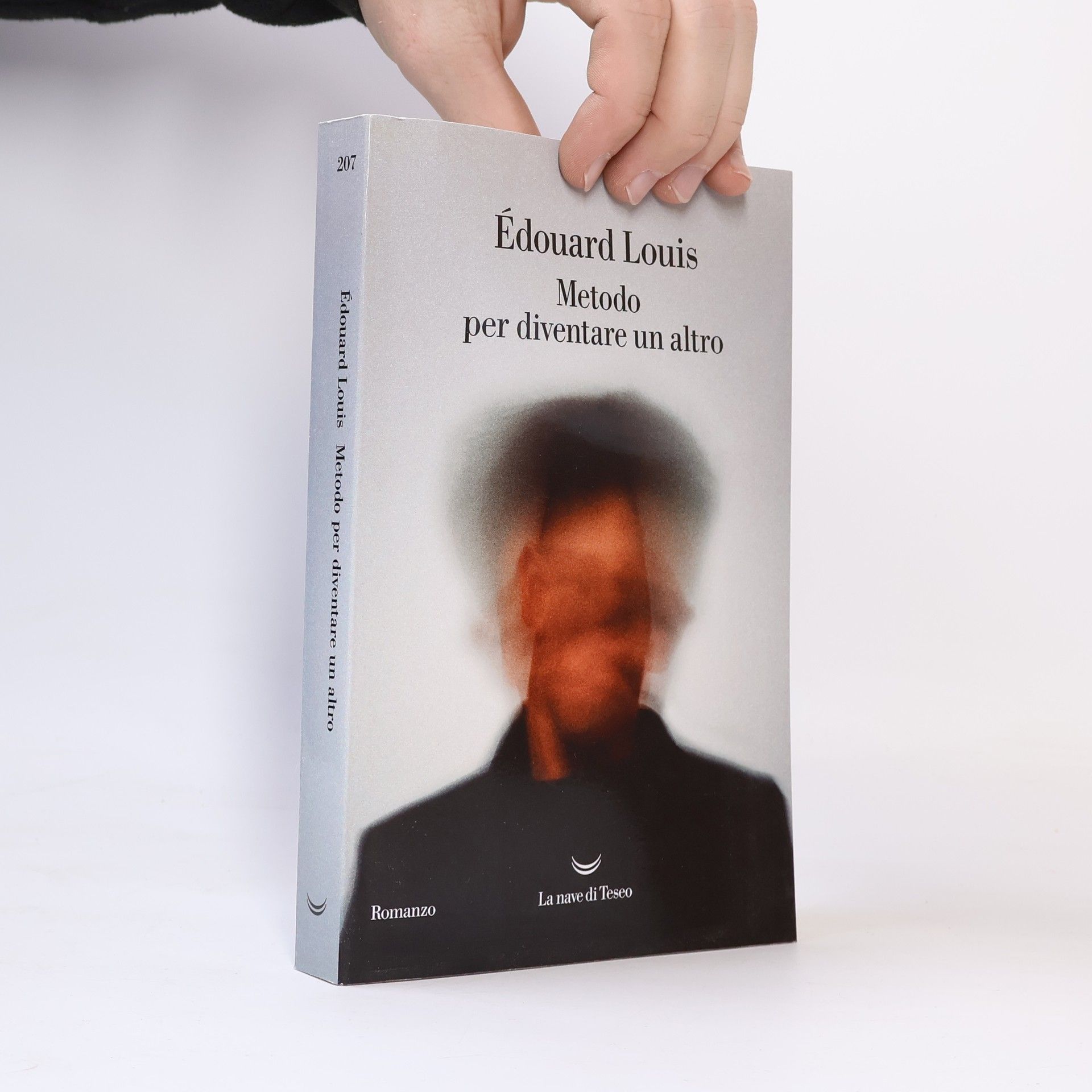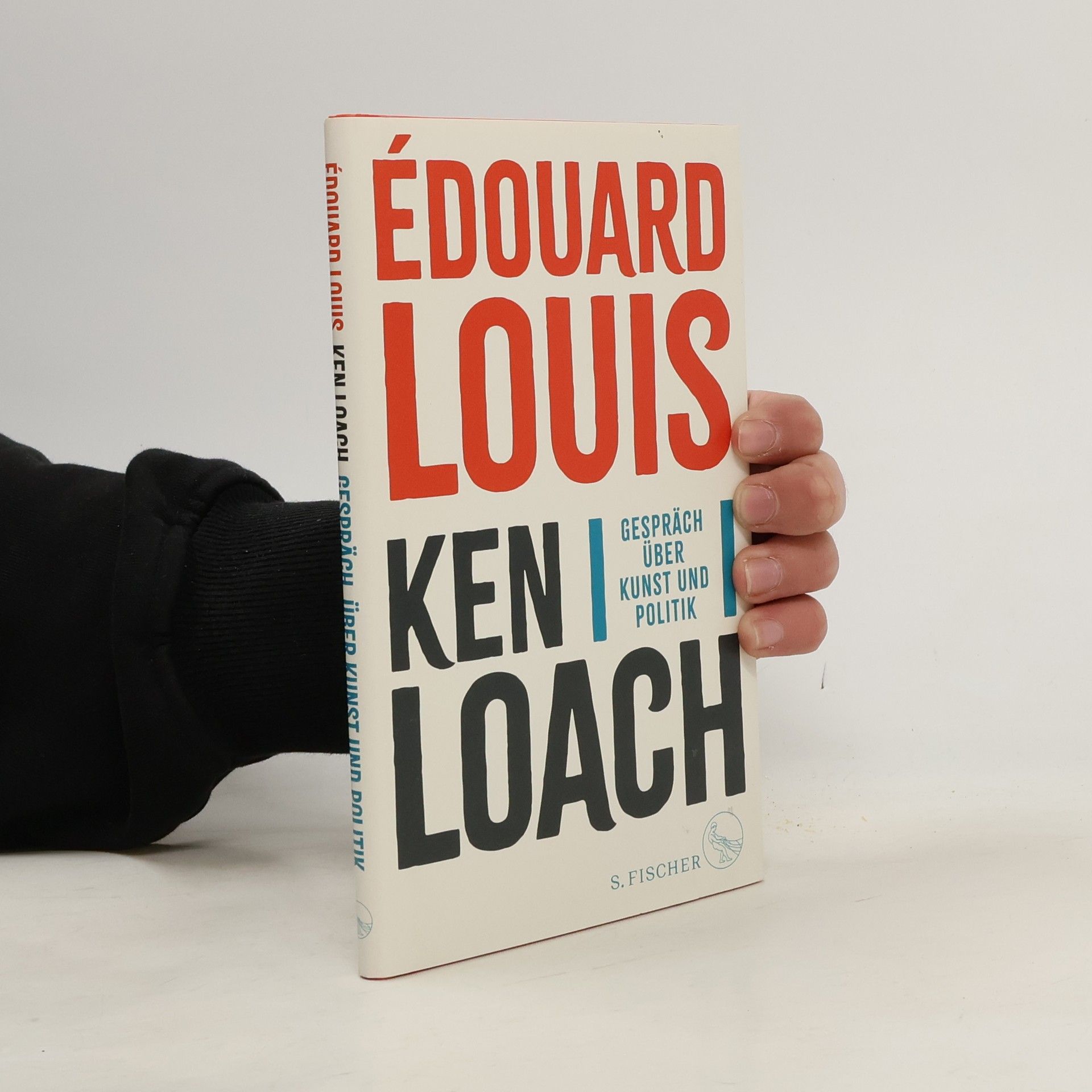Frankreichs größte literarische Sensation. In seinem neuen großen Roman erzählt Édouard Louis mit der ihm so eigenen Beobachtungsschärfe erstmals die aufwühlende Geschichte seines Bruders. Es ist die Geschichte eines ständig scheiternden Träumers: Früh in der Arbeitswelt in eine Rolle ohne Ausweg oder Aufstiegschancen gedrängt, wünscht er sich ein größeres Leben. Eines, in dem er Kathedralen restauriert, die Welt bereist und die Liebe seines Vaters erhält. Doch nichts davon lässt seine soziale Wirklichkeit zu, er versinkt in Alkohol- und Spielsucht. Er bleibt ein tragischer Phantast, der mit achtunddreißig Jahren tot in seiner kleinen Wohnung aufgefunden wird. Dieses Buch ist die Geschichte seines Zusammenbruchs, und zugleich ein zärtliches Porträt des Bruders, der in berührenden Szenen immer wieder versucht, dem jüngeren Édouard einen anderen Weg ins Leben zu weisen als den eigenen. »Es hat eine enorme aufpeitschende Kraft, wie Édouard Louis sein Leben reflektiert.« Edgar Selge
Édouard Louis Book order (chronological)
Édouard Louis writes with raw honesty about class, violence, and the struggle for emancipation. His work, deeply rooted in personal experience, explores the tension between social origins and the desire for freedom. Louis offers a piercing examination of how societal forces shape our lives and the arduous path toward overcoming these constraints. His prose is direct and powerful, exposing uncomfortable truths within contemporary French society.


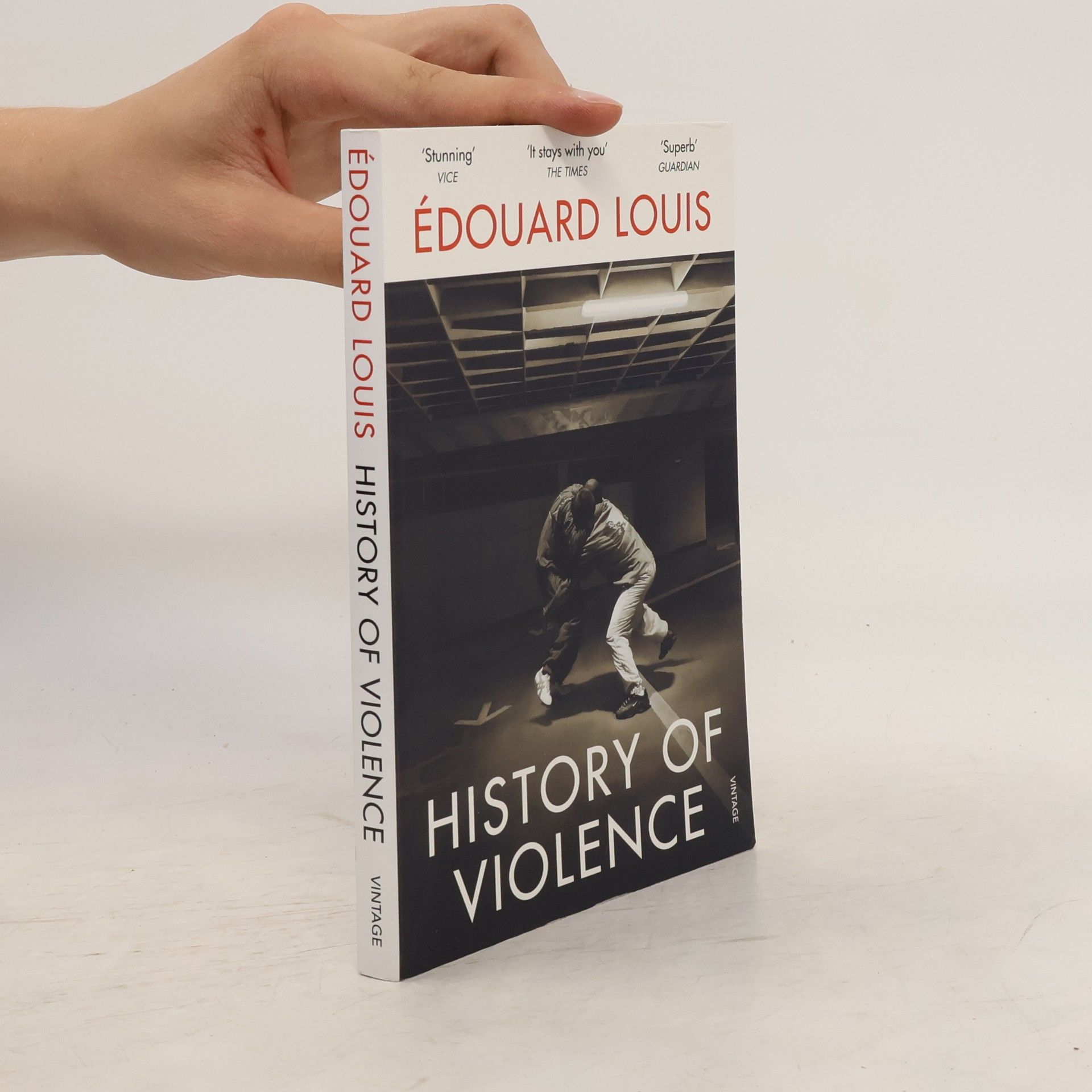

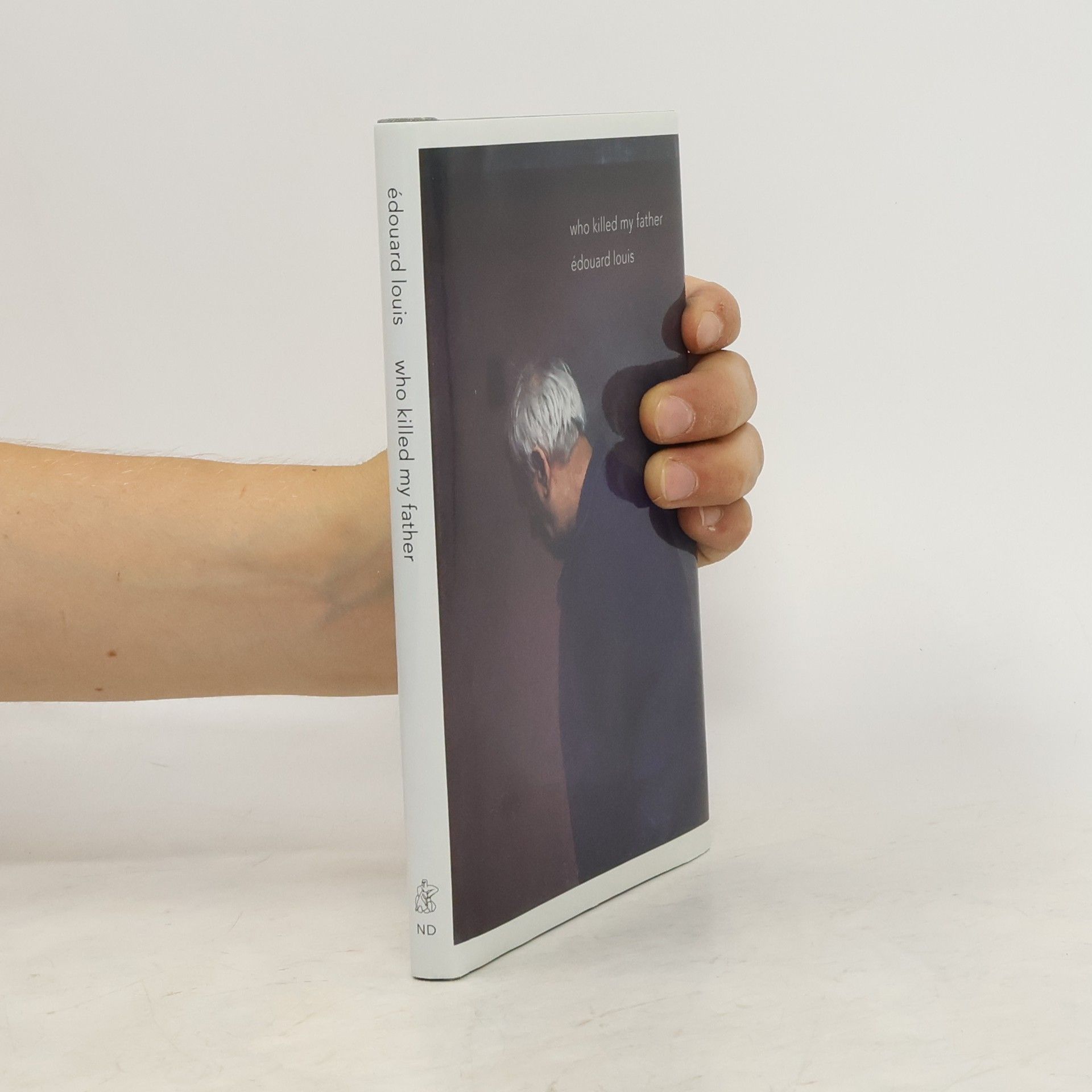


POINTS: En finir avec Eddy Bellegueule
- 216 pages
- 8 hours of reading
L'effondrement
Roman
L'écrivain fait le portrait de son frère, retrouvé mort à 38 ans sur le sol de son petit studio. Issu d'un univers ouvrier pauvre et violent, cet homme qui se rêvait artisan reconnu, riche, s'est heurté à la réalité de son monde, que seuls les jeux de hasard et l'alcool lui permettaient de fuir.
Monique s'évade
- 128 pages
- 5 hours of reading
Une nuit, j'ai reçu un appel de ma mère. Elle me disait au téléphone que l'homme avec qui elle vivait était ivre et qu'il l'insultait. Cela faisait plusieurs années que la même scène se reproduisait : cet homme buvait et une fois sous l'influence de l'alcool il l'attaquait avec des mots d'une violence extrême. Elle qui avait quitté mon père quelques années plus tôt pour échapper à l'enfermement domestique se retrouvait à nouveau piégée. Elle me l'avait caché pour ne pas "m'inquiéter" mais cette nuit-là était celle de trop. Je lui ai conseillé de partir, sans attendre. Mais comment vivre, et où, sans argent, sans diplômes, sans permis de conduire, parce qu'on a passé sa vie à élever des enfants et à subir la brutalité masculine ? Ce livre est le récit d'une évasion.
Dialog o umění a politice
- 104 pages
- 4 hours of reading
Mohou film a literatura vyřešit společenské problémy? Jak by se měla proměnit levice, aby dokázala čelit tomu, že se čím dál víc frustrovaných lidí obrací k populistům a extremistům? Uznávaný britský režisér a angažovaný francouzský spisovatel se v živém rozhovoru dotýkají i mnoha dalších bolestí současného světa: původu nesnášenlivosti, předsudků či homofobie, negativní role sociálních sítí, bezdomovectví, násilí, postavení žen či gayů. Úderný rozhovor staví most mezi generacemi levicového myšlení a bezděčně připomíná, co vlastně znamená etika dialogu.
Gespräch über Kunst und Politik
- 80 pages
- 3 hours of reading
Der Regisseur von »Ich, Daniel Blake« und der Autor von »Das Ende von Eddy« gemeinsam im Gespräch Édouard Louis und Ken Loach - zwei Künstler aus unterschiedlichen Ländern und Generationen blicken in ihren Werken immer wieder in die dunklen Ecken unserer Gesellschaft. Sie erzählen die Geschichten, die gerne verschwiegen werden: von Armut, sozialem Abstellgleis und politischer Gewalt. Hier treffen sich der Kultautor und der renommierte Filmemacher zum Gespräch über Kunst, Kino, Literatur und deren Bedeutung für die heutige Gesellschaft. Wie kann immer wieder neu über Klasse, soziale Gewalt und Gerechtigkeit nachgedacht werden? Wie sieht eine Kunst aus, die die Machtverhältnisse nicht nur beschreibt, sondern erschüttert? Wie kann sie intervenieren und mobilisieren? In ihrem Dialog entwerfen Ken Loach und Édouard Louis ein Manifest für eine radikale Veränderung der Kunst.
Change
- 256 pages
- 9 hours of reading
An autobiographical novel from Édouard Louis, hailed as one of the most important voices of his generation—about social class, transformation, and the perils of leaving the past behind. One question took center stage in my life, it focused all of my thoughts and occupied every moment when I was alone with myself: how could I get this revenge, by what means? I tried everything. Édouard Louis longs for a life beyond the poverty, discrimination, and violence in his working-class hometown—so he sets out for school in Amiens, and, later, university in Paris. He sheds the provincial “Eddy” for an elegant new name, determined to eradicate every aspect of his past. He reads incessantly; he dines with aristocrats; he spends nights with millionaires and drug-dealers alike. Everything he does is motivated by a single obsession: to become someone else. At once harrowing and profound, Change is not just a personal odyssey, a story of dreams and of “the beautiful violence of being torn away,” but a profound portrait of a society divided by class, power, and inequality.
A Woman's Battles and Transformations
- 128 pages
- 5 hours of reading
"Everything started with a photo. To see her free, hurtling fulsomely towards the future, made me think back to the life she shared with my father. Seeing the photo reminded me that those twenty years of devastation were not anything natural but were the result of external forces - society, masculinity, my father - and that things could have been otherwise. One day, Édouard Louis finds a photograph of his mother from twenty years ago. A picture of a happy young woman, full of hopes and dreams. Growing up, Édouard only knew his mother's sadness, as she found herself trapped in the humdrum life of a housewife, and her struggles against the dominant world of men. What happened in those years since the photo was taken? Then, at the age of forty-five, his mother frees herself from this oppression. She leaves her husband and her old life behind, to start a new one in Paris. A Woman's Battles and Transformations is Édouard Louis's most tender book yet. It reckons with the cruel systems that govern our lives, with politics and power - and with the possibility of escape. It is an exquisite and loving portrait of a mother, and an honouring of her self-discovery and liberation as she chooses to live on her own terms."--Publisher's description
